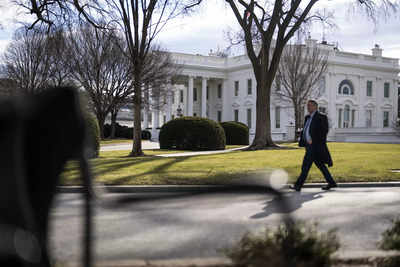A month after Kimberly Diei began her Doctor of Pharmacy program at the University of Tennessee, the college’s conduct committee received an anonymous complaint about her social media posts featuring racy rap lyrics. Labeling them unprofessional, the university investigated her twice—first in September 2019 and again the following year—ultimately threatening her with expulsion for allegedly violating its professionalism code. Diei sued in federal court, arguing that state-run institutions cannot punish students for constitutionally protected off-campus speech. After a four-year legal battle, she won a settlement with the university agreeing to pay $250,000, reaffirming her First Amendment rights and proving that her personal expression had no impact on her academic standing.This case brings the importance of understanding First Amendment rights into sharp focus.
What are First Amendment rights?
The First Amendment to the United States Constitution guarantees several fundamental rights that are essential to a democratic society. Adopted on December 15, 1791, as part of the Bill of Rights, it protects five key freedoms that ensure individuals can express themselves freely without government interference.
Freedom of Speech: Grants individuals the right to express their opinions, ideas, and beliefs without government censorship or punishment. However, certain limitations exist, such as speech that incites violence, threats, or defamation.
Freedom of the Press: Allows journalists and media outlets to publish news and opinions without government restrictions. This ensures transparency and holds those in power accountable, though it does not protect against libel or false reporting.
Freedom of Religion: Protects both the “Establishment Clause” (which prevents the government from establishing an official religion) and the “Free Exercise Clause” (which ensures individuals can practice their religion freely without interference, as long as it does not violate laws).
Freedom of Assembly: Grants people the right to gather peacefully for protests, demonstrations, or meetings. This freedom is crucial for advocacy, activism, and public discourse, though gatherings must remain non-violent and comply with public safety laws.
Right to Petition the Government: Ensures that individuals can approach the government to express concerns, request policy changes, or demand justice without fear of retaliation. This can be done through petitions, letters, lobbying, or legal action.
Freedom of Speech vs. Institutional Authority
The First Amendment right being discussed in Kimberly Diei’s case is Freedom of Speech. Her lawsuit argued that the University of Tennessee, a state-run institution, violated her First Amendment rights by penalizing her for social media posts that were personal, unrelated to her academic work, and legally protected speech. The court ruled in her favor, affirming that her off-campus expression—even if deemed controversial—was constitutionally protected under freedom of speech and could not be grounds for disciplinary action by the university.
This case underscores the importance of distinguishing between personal expression and professional conduct, particularly in public institutions.
Key Takeaways from Kimberly Diei’s Case
The case reinforced the strength of First Amendment protections, particularly regarding freedom of speech for students at public institutions. It established that:
- State-run universities cannot penalize students for constitutionally protected, off-campus speech that is unrelated to their academic or professional performance.
- Personal expression, even if controversial, is protected under the First Amendment, as long as it does not violate laws (e.g., inciting violence or defamation).
- Public institutions must distinguish between professional conduct and personal speech, ensuring that personal social media activity does not unjustly impact academic standing.
Ultimately, Kimberly Diei’s case reaffirmed that public universities cannot regulate or punish students for lawful personal expression outside their academic environment.




